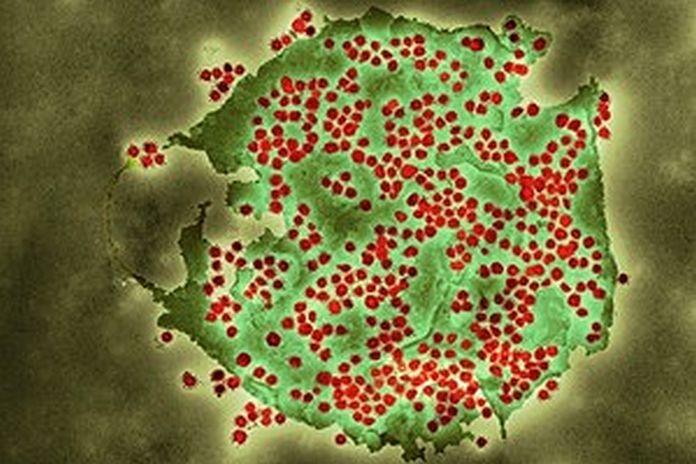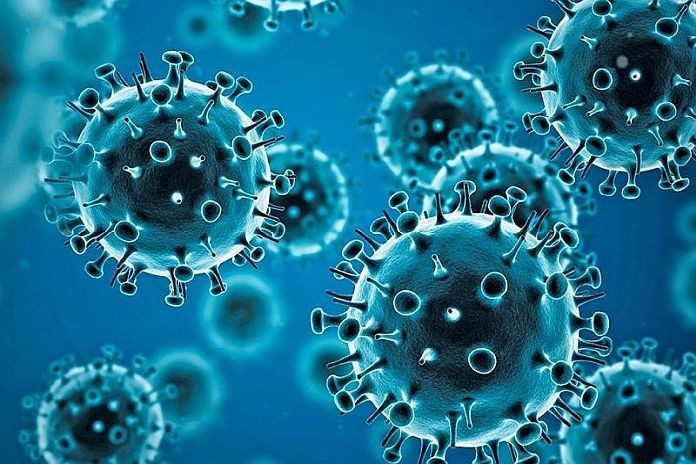By Caribbean News Global ![]()
LONDON, England – From 4:00 am Tuesday, November 30, face coverings will be compulsory in shops and other settings such as banks, post offices and hairdressers, as well as on public transport unless individuals are exempt from doing so, the Department of Health and Social Care announced. The temporary and precautionary measures are required to prevent the spread of the new COVID-19 Omicron variant in the UK the government has confirmed.
“All travellers arriving into the country from 4:00 am on Tuesday 30 November will be required to take a PCR test on or before day 2 and self isolate until they have received a negative test result. These PCR tests can be purchased from private providers. Free NHS tests are not valid for this purpose,” said the government department in a press release. “Under the UK presidency an urgent meeting of G7 health ministers will also be convened on Monday, November 29 to discuss the developments on Omicron.”
“This update adds to the measures rapidly implemented earlier this week to prevent the spread of the new variant including travel restrictions and meaning all close contacts of anyone who has tested positive for the Omicron variant are required to isolate for ten days regardless of whether they have been vaccinated,” the government advised, noting that “face coverings will be mandatory in shops and on public transport and all travellers returning to the UK will require PCR testing.”

A further two cases of Omicron variant confirmed
The UK Health Security Agency (UKHSA) has identified two further cases of COVID-19 with mutations consistent with B.1.1.529 in England, in addition to the previous three confirmed cases of the SARS-CoV-2 variant known as B.1.1.529 on 27 and November 28.
The total number of confirmed cases in England is now five. The individuals that have tested positive are not connected to each other and are not linked to the previously confirmed cases. Both have links to travel to Southern Africa. One case is located in Camden, London, and one case is located in Wandsworth, London. The individuals and their households have been told to self-isolate. UKHSA is carrying out targeted testing at locations where the positive cases were likely to be infectious.
Six cases of the SARS-CoV-2 variant known as B.1.1.529 have also been identified in Scotland, with 4 cases in the Lanarkshire area and 2 in the Greater Glasgow and Clyde area.
Dr Jenny Harries, chief executive of UKHSA, said:
“We are continuing our efforts to understand the effect of this variant on transmissibility, severe disease, mortality, antibody response and vaccine efficacy. Vaccination is critical to help us bolster our defences against this new variant – please get your first, second or booster jab without delay.
The guidance on vaccination is changing to help all of us bolster our defences in the face of this new variant. Everyone should complete a primary course as soon as possible – for most this will be a first and second dose. For some more vulnerable a third dose is available.
Following the change in JCVI advice today, a booster dose for everyone over 18 years is now recommended and will be available at a minimum of 3 months from your last primary course jab. Please take up this offer as soon as you are eligible to protect yourself, your families and your communities.
It is very likely that we will find more cases over the coming days as we are seeing in other countries globally and as we increase case detection through focused contact tracing. That’s why it’s critical that anyone with COVID-19 symptoms isolates and gets a PCR test immediately.
“UKHSA is acting to get scientific information available as quickly as possible in order to inform the right balance of interventions to prevent transmission and protect lives. This will include analysing live samples of the new variant in our laboratories to investigate properties such as response to current vaccines.”
As viruses mutate often and at random, it is not unusual for small numbers of cases to arise featuring new sets of mutations. Any variants showing evidence of spread are rapidly assessed.





